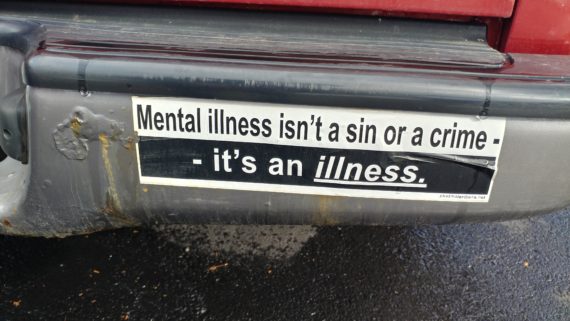
(2-16-21) Recommendations by a Trump appointed commission studying ways to, among other things, improve law enforcement interactions with those in a mental health crisis are well-worth reading – despite heavy criticism aimed at the panel for being politically partisan and apparently violating federal open meeting requirements.
Shortly after the President’s Commission on Law Enforcement and Administration of Justice was appointed in January 2020, I warned in a blog that then-Attorney General William Barr was putting partisan politics above common sense in stacking the commission with pro-Trump officials or those who came from strong Trump voting districts rather than drawing from a wider swath of experts. A federal judge appointed by former President George W. Bush ruled last November that the panel was bias and had not notified the public about its meetings. He issued an order requiring it either to broadened its membership or include a disclaimer in its final report acknowledging his complaints. The panel chose to add the disclaimer.
Because of the political dust-up, the commission’s December report has been largely dismissed.
That’s a shame because several of its recommendations about mental illness are spot on.
Among them: create drop off centers rather than hauling those in crisis to jails and emergency rooms, make certain everyone booked into jail is screened for mental illnesses, increase police training about mental illnesses, do a better job triaging emergency calls, and create more treatment dockets.
The commission also called for ending the IMD exclusion, that prohibits federal Medicaid dollars from being used to reimburse facilities with more than 16 beds.







